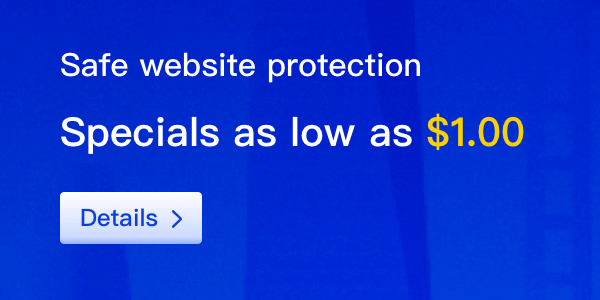In the world of domain names, WHOIS is an essential tool for obtaining vital information about a registered domain. Whether you're a domain owner, a curious internet user, or a cybersecurity professional, understanding WHOIS can provide valuable insights. In this comprehensive FAQ, we will explore the ins and outs of WHOIS and address common questions and concerns.

What is WHOIS?
WHOIS is a protocol used to query databases that store information about registered domain names. It allows users to retrieve details such as the domain owner's contact information, registration and expiration dates, name servers, and more. This data helps to ensure transparency and accountability in the domain registration process.
Why is WHOIS important?
Domain Ownership Verification:
WHOIS provides a means to verify the legitimacy of domain ownership. It allows individuals and organizations to confirm the contact details of the domain owner and determine if they are trustworthy.
Cybersecurity Investigations:
WHOIS data is invaluable for cybersecurity professionals investigating malicious activities. It helps them identify and track down cybercriminals, spammers, and other malicious actors.
Intellectual Property Protection:
WHOIS assists trademark owners in protecting their intellectual property rights. By monitoring WHOIS records, they can identify potential trademark infringements and take appropriate legal action.
How does WHOIS work?
When a domain is registered, the domain registrar collects the registrant's information and stores it in a WHOIS database. When a WHOIS query is made, the database responds with the requested information. It is important to note that some domain owners may choose to use privacy protection services, which replace their personal details with generic contact information to safeguard their privacy.
Who can access WHOIS information?
In general, anyone can access WHOIS information. Most domain registrars provide a web interface or command-line tool to query WHOIS databases. However, it's worth mentioning that access to certain WHOIS data may be restricted in some jurisdictions due to privacy regulations.
Can I protect my privacy with WHOIS?
Yes, domain owners have the option to protect their privacy by using WHOIS privacy protection services. These services shield the owner's personal details from public view and replace them with generic contact information. While privacy protection is beneficial for individuals concerned about their personal information, it can also hinder the ability to contact legitimate domain owners.
How accurate is WHOIS data?
WHOIS data is as accurate as the information provided during the domain registration process. It is the responsibility of the domain owner to keep their contact details up to date. However, due to human error or intentionally misleading information, inaccurate WHOIS data can occasionally be found.
Conclusion
WHOIS is a powerful tool that provides valuable information about domain names and their owners. It plays a crucial role in verifying domain ownership, assisting cybersecurity investigations, and protecting intellectual property rights. By understanding how WHOIS works and its importance, internet users can make informed decisions and navigate the digital landscape with confidence.
Remember, knowledge is power, and WHOIS empowers you to uncover the hidden details behind domain names.






















